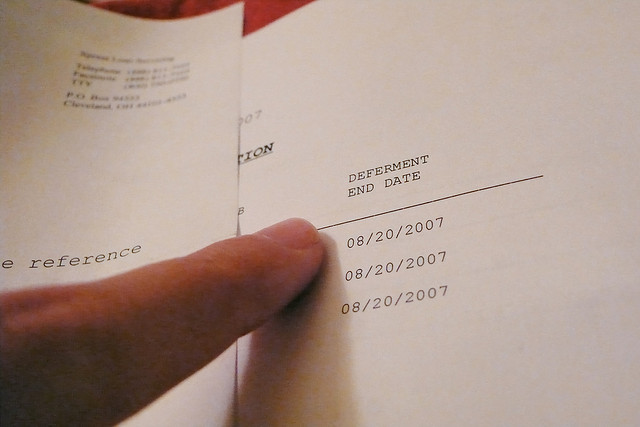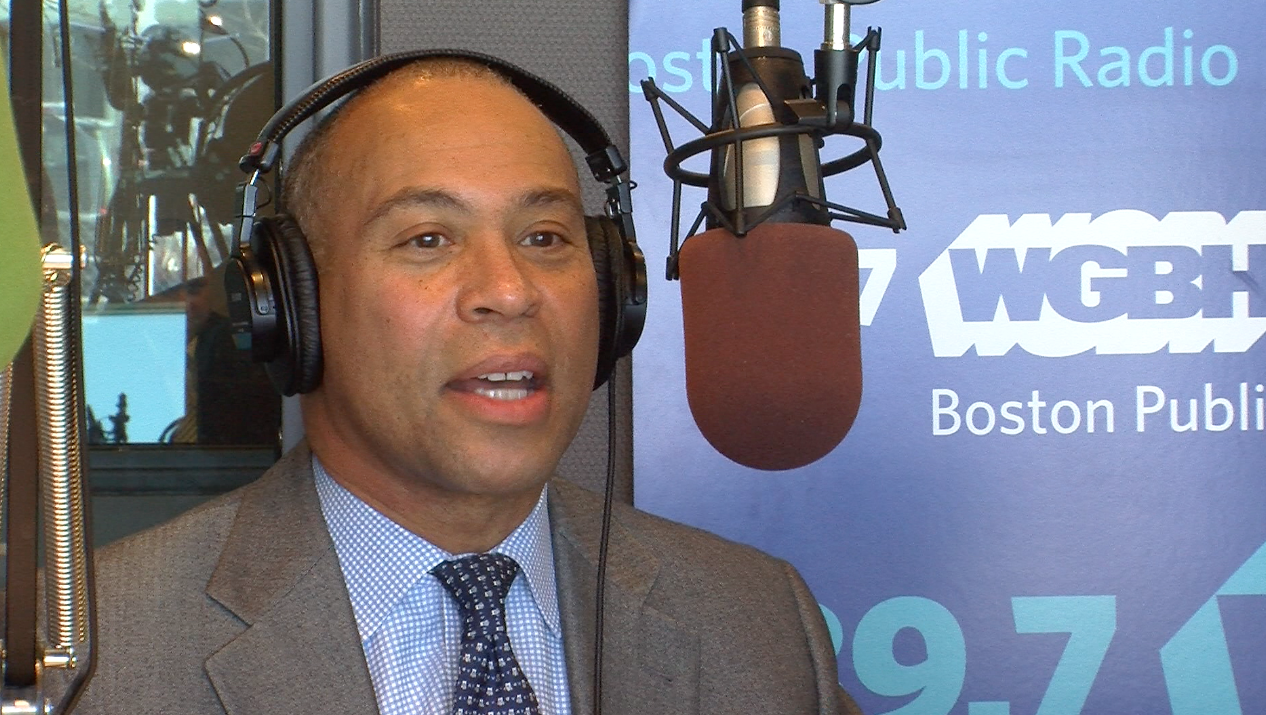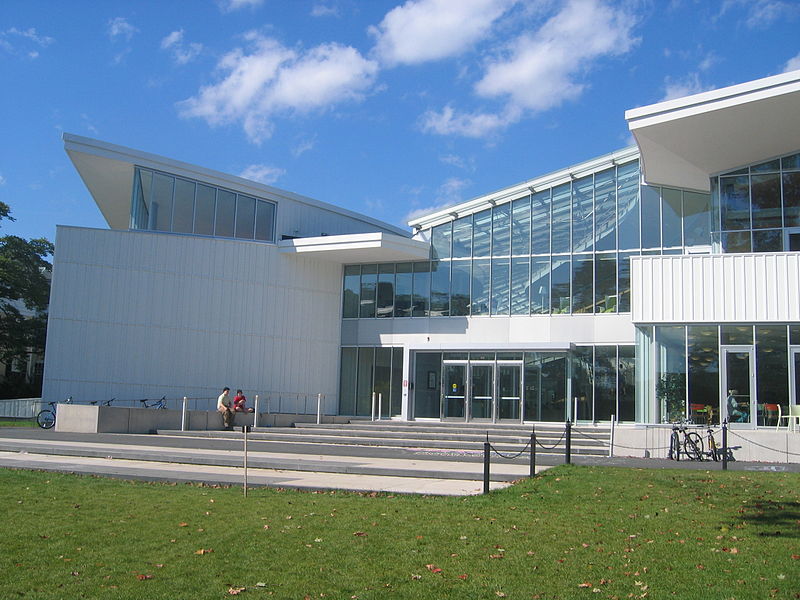confronting cost

For years, the Higher Education Act has set the ground rules for all federal financial aid to students. Now, the Act is up for reauthorization.
To prepare for the day when Congress has to give its stamp of approval on the massive bill, the Senate Health, Education, Labor, and Pensions Committee has begun holding hearings on provisions lawmakers want to re-evaluate.
_1.jpg)
Law school students typically graduate with just over $140,000 in student loan debt. (Tulane Public Relations via Wikimedia Commons)
It's a figure we've heard before: student debt in America has surpassed a trillion dollars. But, according to a recently released report from the New America Foundation, about 40 percent of that debt stems from students earning graduate degrees.

In partnership with On Campus, The Takeaway recently talked with Mike Wasserman, the Massachusetts executive director of the non-profit Bottom Line which helps disadvantaged and first generation students apply for and graduate from college, and Jasmine Boyd-Perry, a junior at the University of Massachusetts Boston.
The governor of Tennessee wants to make community college or technical school free for all high school graduates in the state. Republican Governor Bill Haslam calls his proposal the Tennessee Promise. It's part of a broader workforce development strategy in a state that lags behind in higher education, but wants a technically savvy labor pool.
A major national research organization is planning to poll thousands of college graduates about their lives and careers. While most Americans still see college as very important, Gallup, which is famous for its public opinion polls, says its goal is to measure the value of higher education at a time when more and more families are questioning their investment in certain degrees.
 In his budget out this week, Governor Deval Patrick is proposing higher education funding increases but not at last year's levels. Students are wondering whether those increases will be enough to offset the need to increase tuition and fees.
In his budget out this week, Governor Deval Patrick is proposing higher education funding increases but not at last year's levels. Students are wondering whether those increases will be enough to offset the need to increase tuition and fees.
The Great Recession may be over, but its effects still linger at public colleges and universities.
A report by the Massachusetts Budget and Policy Center finds state funding for public higher education in Massachusetts is down 25 percent since 2001.














